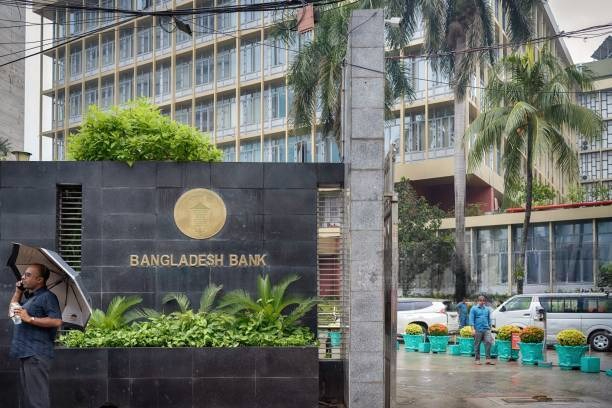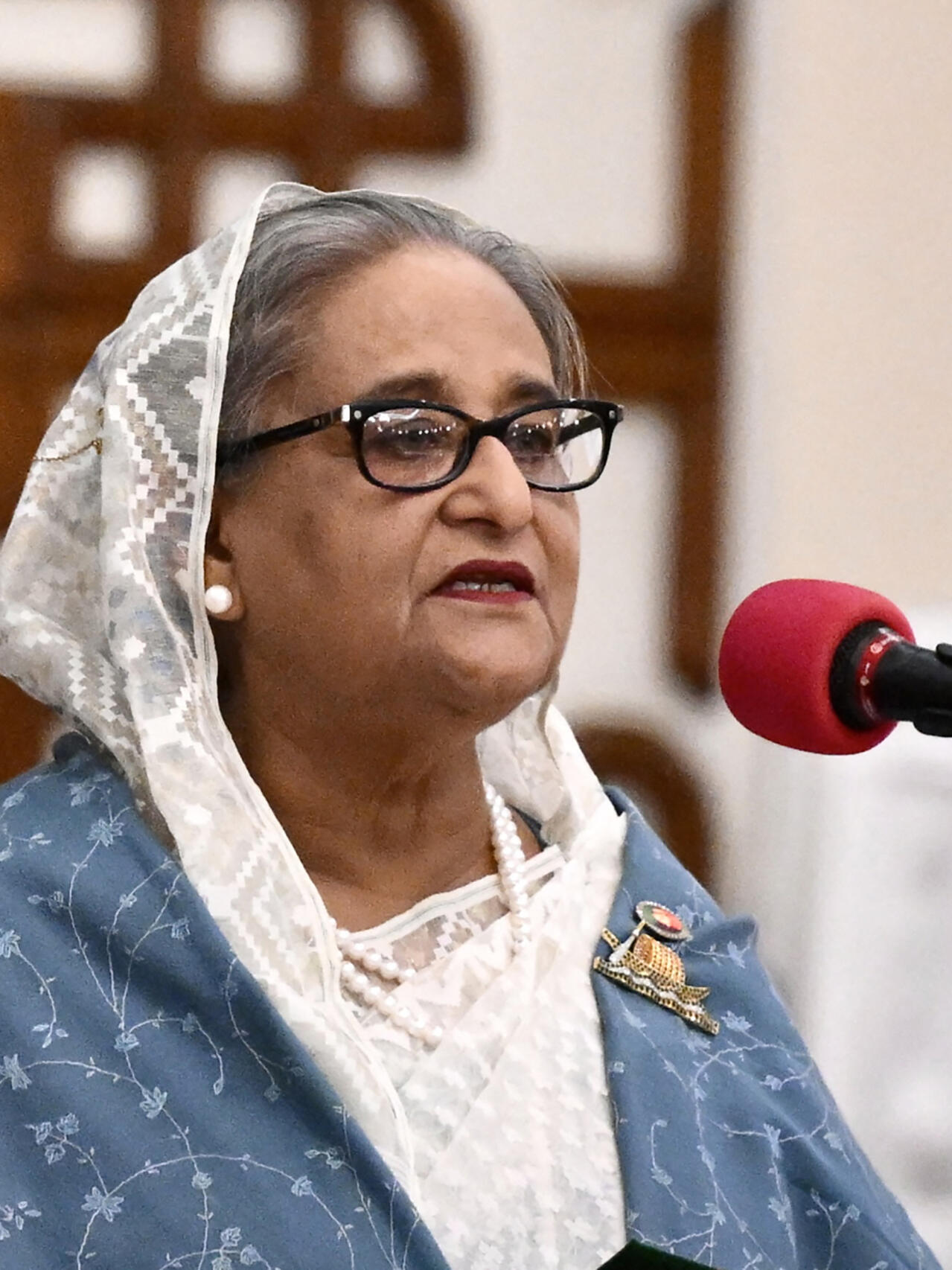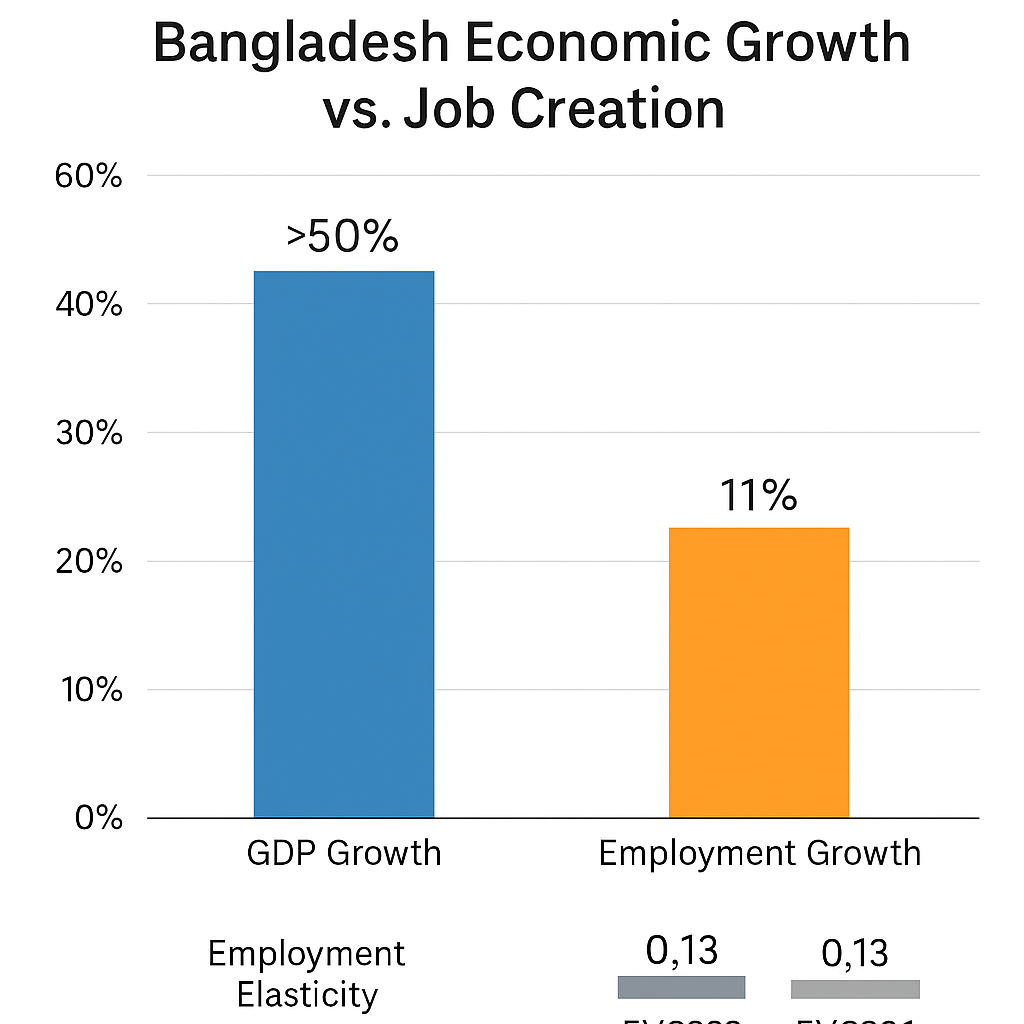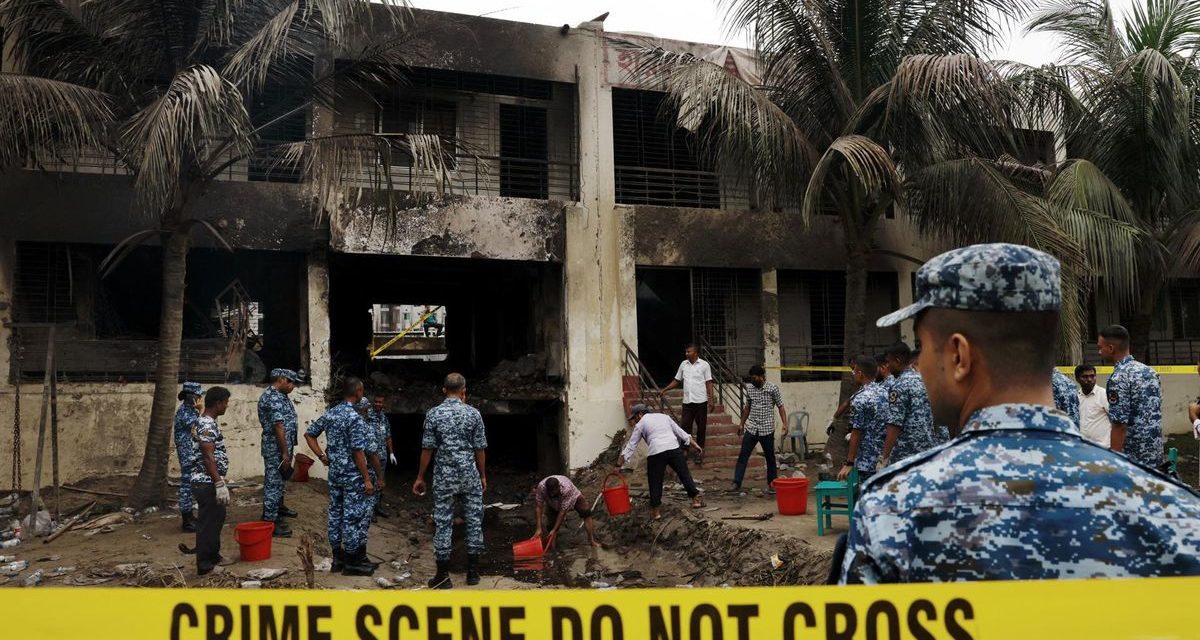
Second dollar intervention in 2 days aims to stabilize the market and protect remittance flows
In a bold effort to stabilize the foreign exchange market and protect exporters and remitters, Bangladesh Bank (BB) purchased $313 million from 22 commercial banks on July 15, 2025. This move marks the second such intervention in two consecutive days as the central bank aims to control the sharp appreciation of the Bangladeshi taka against the US dollar.
The auction was conducted under the newly adopted floating exchange rate regime, where the market, rather than the central bank, is intended to determine the value of the currency. However, BB’s strategic participation reflects its commitment to curbing excessive volatility in the exchange rate.
BB’s Dollar Purchase: The Key Details
On July 15, BB bought $313 million at a cut-off rate of Tk 121.50 per US dollar. This action caused the interbank dollar rate to rise from Tk 120.10 the previous day to Tk 121.50, reversing the recent trend of rapid dollar depreciation.
Just a day earlier, BB had purchased $171 million from 18 banks. That auction marked the first intervention since the adoption of the floating exchange rate on July 8, a key reform measure aimed at making the forex market more responsive to supply and demand.
BB officials stated that these purchases were aimed at ensuring market stability and preventing the kind of sharp swings that could harm trade and remittance flows.
Why the Dollar Was Falling — And Why BB Stepped In
Over the past week, the US dollar had begun to lose value sharply against the Bangladeshi taka, driven by increased foreign currency inflows, a drop in import payments, and rising remittance earnings. While a stronger taka might seem beneficial for controlling inflation, it poses risks to exporters and overseas remittance earners, who earn in dollars and convert them into local currency.
Areif Hussain Khan, Executive Director and spokesperson of Bangladesh Bank, explained the rationale behind the central bank’s intervention:
“We want to keep the forex market stable because both a rise and a fall are not good indicators. If the dollar weakens too much, exporters and remitters feel discouraged and suffer losses.”
By purchasing dollars and pushing up the exchange rate, the central bank is attempting to put a floor under the dollar’s decline, thereby offering more predictable returns to remitters and exporters.
The Inflation Debate: Is BB Missing an Opportunity?
While BB’s actions aim to promote stability, not everyone agrees with its timing or objectives. Dr. Zahid Hussain, former lead economist of the World Bank’s Dhaka office, has criticized the central bank’s move. He argues that allowing the dollar to depreciate further could have brought down inflation, which has been persistently high in recent months.
“The dollar rate should ideally drop to around Tk 110. This would help reduce inflation. So why is this opportunity being missed?”
According to Dr. Hussain, a stronger taka would lower the cost of imported goods, particularly fuel and food, offering much-needed relief to consumers. He warns that by focusing solely on protecting exporters, the central bank risks undermining broader macroeconomic stability.
This highlights a fundamental policy trade-off: exchange rate stability vs. inflation control.
Impact on Foreign Exchange Reserves
These interventions have had a direct and positive impact on Bangladesh’s foreign exchange reserves. As of July 10, 2025, the reserves stood at $24.54 billion, up from $21.06 billion in July 2024.
The fresh dollar purchases will add further to this reserve buffer, strengthening the country’s ability to withstand external shocks, pay for imports, and service foreign debt.
This is especially important in a global environment marked by geopolitical uncertainty, volatile oil prices, and tightening international financial conditions.
Floating Exchange Rate: A Work in Progress
The recent auctions took place under the framework of a floating exchange rate regime officially introduced on July 8. Under this system, the market is expected to determine the dollar-taka exchange rate without direct interference from the central bank.
However, BB’s active role in recent auctions reveals a more managed float, where the bank steps in when necessary to prevent disruptive swings.
Analysts believe this transition will take time and that such interventions are part of the learning curve. The central bank appears to be balancing market forces with strategic interventions to guide the economy through this adjustment.
Final Thoughts: Walking a Policy Tightrope
Bangladesh Bank’s $313 million dollar purchase is more than just a currency transaction — it is a signal of intent. The central bank is determined to maintain a delicate balance: protecting exporters and remitters from sharp losses while also managing the risks of inflation and reserve depletion.
The differing views among economists and market participants underscore the complexity of currency management in an open economy. While stability is important, so is flexibility — and BB’s next moves will be closely watched by both domestic stakeholders and international observers.
As Bangladesh continues to navigate its post-reform monetary landscape, the central bank’s interventions will play a key role in shaping the confidence, competitiveness, and cost of living in the months ahead.
source : www.thedailystar.







